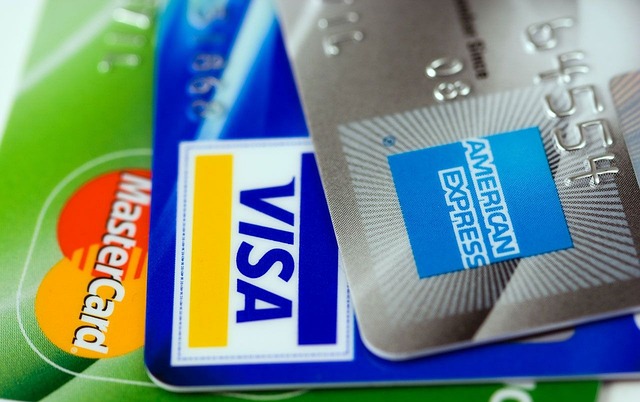Credit cards have become an essential part of our financial lives in today’s fast-paced world, providing convenience and flexibility when making transactions. However, if not used appropriately, credit card use can lead to massive debt. The appeal of quick satisfaction can lead to overspending and debt accumulation, but with the correct tactics, you can efficiently manage your credit card debt while maintaining a good financial profile. In this post, we’ll look at five crucial recommendations for navigating the world of credit card debt and making sound financial decisions.

Understand Your Credit Card Terms:
Understanding the terms and conditions of your credit card agreement is the first step in managing your credit card debt. This contains the interest rate, annual fees, late payment penalties, and grace periods. Take the time to study the fine print and make certain you understand how your credit card works. This information will enable you to make more informed decisions about your spending habits and repayment plans.
Create a Realistic Budget:
A budget is a powerful tool for managing your finances and avoiding excessive debt. Begin by identifying all of your income sources and categorizing your expenses. Credit card payments should be considered a fixed expense. Making a realistic budget will provide you with a clear picture of your financial status and will assist you in identifying areas where you may cut back on spending. Set aside a portion of your budget each month to pay off your credit card debt, attempting to pay more than the minimum amount due whenever possible.
Prioritize High-Interest Debts:
Not all debts are the same. If left unchecked, high-interest credit card debt can easily spiral out of control. Pay off loans with the highest interest rates first, as they will cost you the most in the long run. This tactic, known as the “debt avalanche” method, can save you a substantial amount of money in interest payments. When your high-interest obligations are under control, you can shift your focus to lower-interest loans.
Avoid the Minimum Payment Trap:
Paying only the minimal amount owing on your credit card may appear handy, but it is a definite method to extend your debt and incur significant interest costs. Credit card firms frequently set the minimum payment at a tiny fraction of the outstanding debt, resulting in you paying more in interest over time. Make an effort to pay more than the minimal amount each month, even if it is a small increase. This method will help you pay off your debt faster and lower the total interest you owe.
Consolidation and Negotiation:
Consolidation can be a wise idea if you find yourself juggling many credit card obligations. The process of combining many debts into a single loan with a lower interest rate is known as debt consolidation. This streamlines repayment and may save you money on interest. Consider negotiating with your credit card company for lower interest rates or better terms. Creditors may be ready to work with you if they believe it will boost your chances of repaying the debt.
Conclusion:
Credit card debt management takes self-control, awareness, and a proactive strategy. You may take charge of your financial situation and strive towards a debt-free future by knowing your credit card conditions, making a realistic budget, prioritizing high-interest loans, avoiding the minimum payment trap, and investigating consolidation and negotiating options. Remember that prudent credit card usage entails not just using credit for convenience, but also staying within your means and making timely payments. You’ll be well-equipped to manage your credit card debt properly and attain long-term financial stability if you keep these five essential tips in mind.

